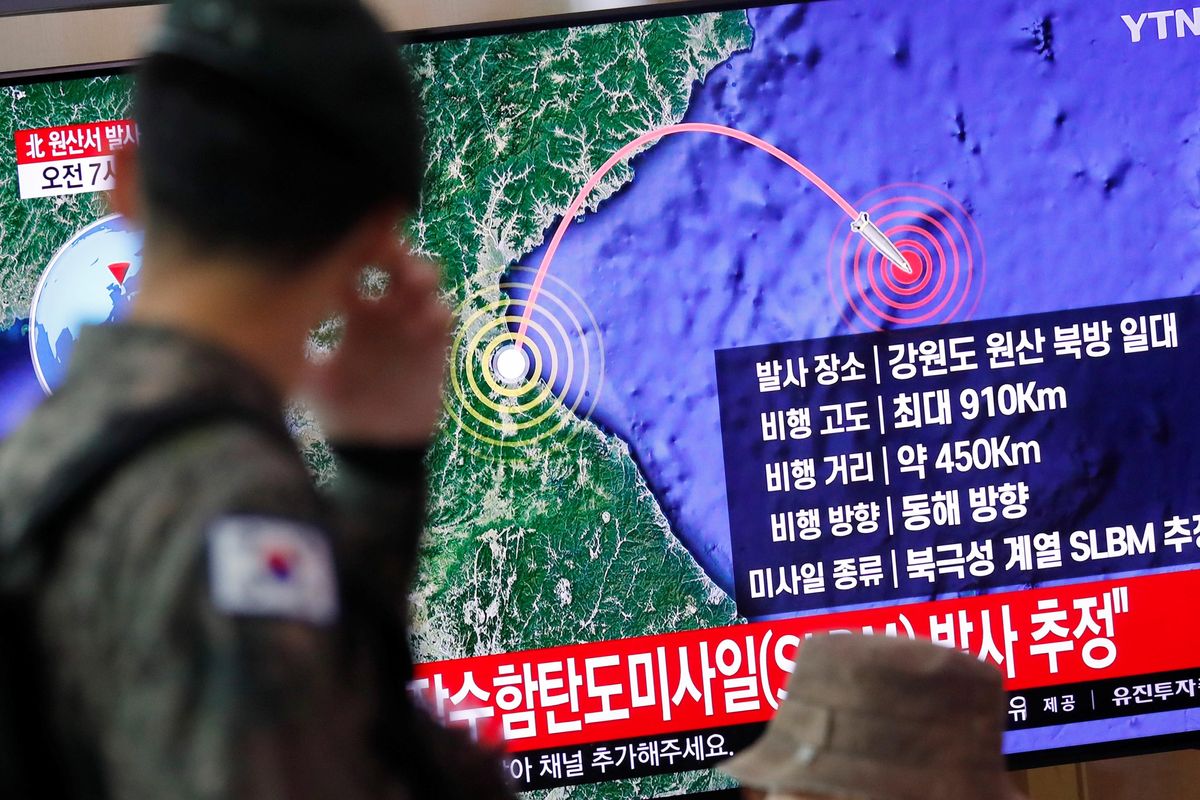South Korea dusts off "Kill Chain" vs. North
We think a potential nuclear war on the Korean Peninsula would be sparked by a first strike from the North. But what if the South launched a preemptive strike instead? Since Yoon Suk-Yeol was elected South Korea’s president in March, Seoul has been paying more attention to its decade-old “Kill Chain” program, which calls for a series of rapid strikes against key North Korean targets when South Korean intelligence believes Pyongyang is about to attack — possibly also taking out the supreme leader and top generals. Why is Yoon considering this? It’s likely in response to Kim Jong Un developing hypersonic missiles that would give the South less time to respond. Also, Yoon may want a plan B in case the US waivers on its long-term security commitment to South Korea — former US President Donald Trump, for instance, threatened to force Seoul to pay a bigger bill. But it’s a catch-22: knowing that the South Koreans have “Kill Chain” in place could deter Kim from attacking, or it could prompt him to do something drastic while he still thinks he has the upper hand over Seoul.
Will Afghanistan get its money back?
Washington and Kabul are working toward a deal that would release billions of dollars of Afghan central bank reserves that the US froze months after the Taliban ousted the American-backed government there last August. The proposals envision creating a trust fund for the reserves, but differences remain over who would control the money and who would run the Afghan central bank managing the funds. Afghanistan is reeling from a humanitarian and economic crisis compounded both by the Taliban’s incompetence and its inability to access international funds because the US does not recognize the group as the legitimate government. Freeing up the bank reserves wouldn’t be a cure-all for Afghanistan, whose people are struggling with the impact of natural disasters and security challenges on top of the humanitarian crisis, but even a little bit of relief would go a long way.







